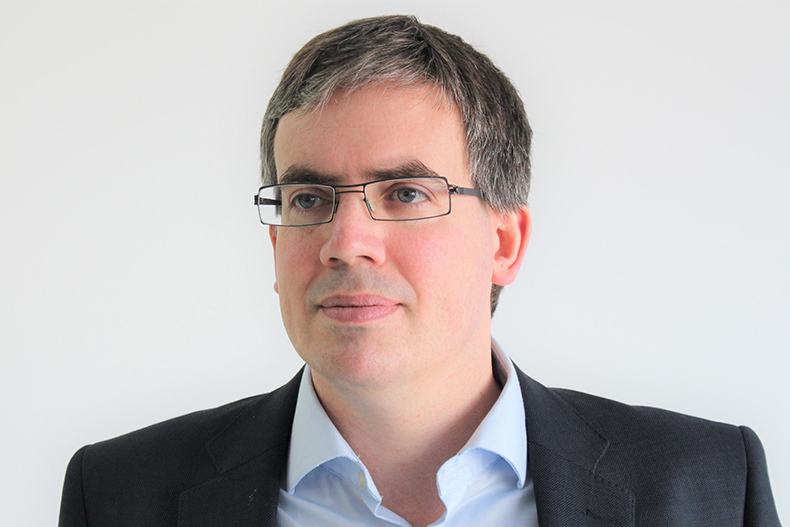
As we inch ever closer to COP26, it’s a good time for SSE to be out on the conference circuit again, and over the past few weeks I’ve had the pleasure of speaking at two such events; the annual Energy Ireland Conference and the Wind Energy Ireland Offshore conference, both of which SSE Renewables was proud to support.
At both conferences, there were a number of key messages that SSE was keen to share, some of which were reiterated by my fellow panellists across the different sessions.
Firstly, legislating for Net Zero is a very welcome step. However if we are to deliver on this target, we need to do two things, 1) rely on the power sector as a ”workhorse” to decarbonise other sectors of the economy, and 2) frontload our efforts into the upcoming 2021-2025 carbon budget. The time for delivery is now, and not post 2030.
Secondly, it is absolutely essential for Ireland to demonstrate to the global market and supply chain that we are open for business. On the back of incremental delays in new legislation, regulation and the first offshore RESS, we can already feel supply chain confidence starting to wane. Ireland must be conscious that with a target of only 5GW of offshore wind by 2030, it is a small fish in a big global pond, and the supply chain is critical to our delivery of same. Our own Alistair Phillips-Davies reinforced this message in a recent media interview in which he warned that Ireland is struggling to grasp the opportunity to harness offshore wind. We must deliver on our targets.
Thirdly, deployment of large-scale renewables will be key to Ireland’s decarbonisation. Only this week our Minister for Environment, Climate and Communications stated that this decade Ireland will decarbonise the country. However, when we contrast this with the current generation capacity crisis, it is difficult to see how this can be achieved without immediate large scale deployment of renewables. Whilst wind can’t address Ireland’s capacity issues on its own, it can become the backbone of our electricity system.
"It was great to have the chance to discuss the need for urgency alongside other energy leaders, but the message for stakeholders was clear; the time for talking about renewables is long gone, we need to be delivering."
Barry Kilcline Head of Offshore Development
The benefits that can be accrued from offshore wind are vast. For example, our Arklow Bank Wind Park Phase 2 will require an investment of between €1bn and €2bn, deliver c€860m gross value-added to the island of Ireland and create c10,500 FTE years nationally, c4,800 of which will be local. Arklow can deliver by 2025 if decisive action is taken by government before the end of this year.
Undeniably, some key challenges remain for offshore wind. As we await the enactment of the MAP Bill, it is increasingly likely that it will be mid-2023 before projects will be in a position to submit planning applications to An Bord Pleanála, and the concept of ‘one shot at planning’ must be amended to ensure that developers are not put back to the starting line having invested tens of millions of Euro and years of work. Legislation needs to allow developers some flexibility to incorporate technology advances vital to driving costs decreases for the consumer. Of significant concern is the indication that Offshore RESS will progress without planning as a pre-requisite; if this happens, we may be setting ourselves up to allocate contracts to projects that never deliver.
As the challenges we face in the energy sector become clearer to policymakers, we’re hopeful that we can up the ante and bring forwards offshore wind, taking advantage of Ireland’s vast wind resource and positioning Ireland’s projects for success.
It was great to have the chance to discuss the need for urgency alongside other energy leaders, but the message for stakeholders was clear; the time for talking about renewables is long gone, we need to be delivering.


